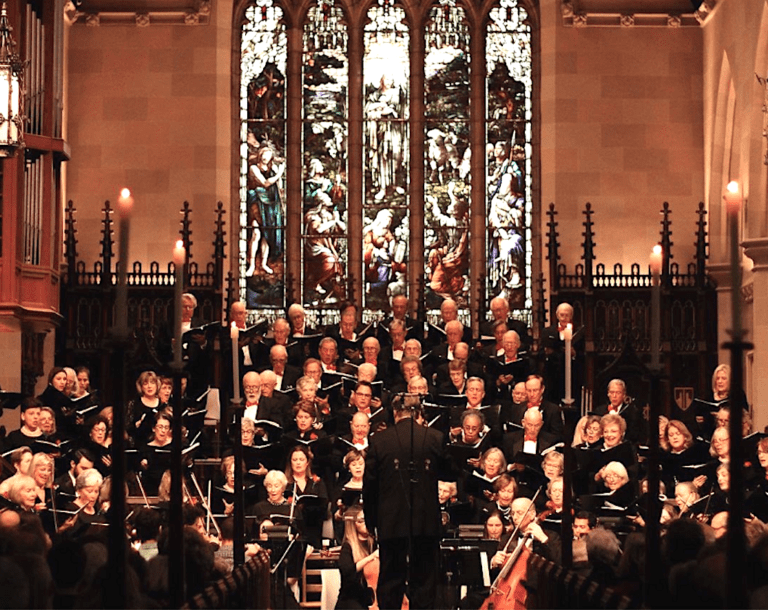By: Richard Kaufman
The Greenwich Sentinel will bring you updates from Greenwich’s Board of Estimate and Taxation (BET). The BET is responsible for the proper administration of the financial affairs of the Town including the issuance of the annual recommended budget and setting the Town tax mill rate. The Board also acts on requests for additional appropriations, transfers and allotments made during the fiscal year.
Routine Applications
The Greenwich Board of Estimate and Taxation held a regularly scheduled meeting on Monday night, and unanimously approved two routine applications.
The first item authorized the Health Department to spend $43,311 from a grant, on a part-time Public Health Emergency Preparedness Coordinator with benefits, office supply needs, printing and binding, advertisements and mileage to conduct emergency planning and response activities.
The second application allowed the Health Department to use $115,597 as part of a Epidemiology and Laboratory Capacity COVID-19 grant. The funds will be used to enhance laboratory work, contact tracing and the prevention and minimization of COVID-19 transference.
Non-Routine Application Approved
The Board also approved an appropriation of $2,500,000 to repair the South Stanwich Road Causeway. The road runs between North Street and Taconic Road, crossing Aquarion Water Company’s Rockwood Lake Reservoir. In September, an approximately 55 foot portion of the causeway’s southern face collapsed, undermining a portion of the roadway. Repair work includes the construction of additional walls on both the north and south sides of the existing causeway to support the existing structure. The Department of Public Works has been working with an engineering firm for potential repair to take place in winter 2020/2021.
The Board also attached a resolution to the project that allows them to add it to the list of projects to borrow money for if they choose.
Tax Collector Policy Regarding Delinquent Tax
During Monday’s meeting, the BET discussed delinquent tax policy with Greenwich’s Tax Collector, Heather Smeriglio.
Every year, the Tax Collector will file any delinquent properties, and the statute runs out after 15 years. Currently, there are some properties in town up against that time constraint.
“At the 12 year mark, the Tax Collector will get a little more serious, and you can do a tax sale on the property if it comes down to it to avoid the taxpayers losing the revenue,” said BET Chair, Michael Mason.
Additionally, Smeriglio feels there are some properties that are unusable.
“They’re small little slivers we’re getting a tax bill out on, and maybe they shouldn’t be taxable,” said BET Chair, Michael Mason. “There’s a lot of questions about who makes these decisions… We want to have an updated policy, and it’s a good working relationship with the tax collector, the assessor and the BET on all of this.”
BET member, Leslie Moriarty, said the parties involved should lay out the processes and expectations regarding the monitoring of properties, when foreclosure starts, and what’s expected for communication with the taxpayer.
Tax Policy For Residential Real Property Owned By Private Schools
In the past, educational facilities have been exempt from real property taxes by the town of Greenwich. However, there’s a case law in Connecticut that says that “educational facilities” do not include on/off campus housing for faculty as being tax exempt.
Therefore, Greenwich Assessor, Lauren Elliott, gave a presentation to the BET on Monday night, outlining a list of such properties at each private school, and what they’re being used for. She also gave the BET a projection of what revenues would look like for Greenwich, if town policy was changed and those properties were taxed.
The BET authorized Elliott to put the schools on notice that the town plans on changing policy.
“There’s a pretty strong agreement on the BET that the housing that’s off campus, there’s no doubt we should be consistent and tax that property,” Mason said. “There’s still questions about properties on campus used for housing.”
For example, if a housing unit on campus was used by an employee of the facility who is on-call seven days a week for 24 hours, like maintenance or security personnel, or a superintendent, that would still be protected by the state statute, Mason said.
“But if it’s just used for housing and it’s not classroom or instructional space, that would be eligible. Once you put the properties on notice, the Assessor can then have a conversation with the schools and verify what properties are exactly applicable and we’ll go from there,” Mason said.
Mason added that he hoped to have the issue settled by the end of January, when the assessor typically signs the town’s grand list.
Going Forward
Mason said the BET is trying to get back to some normalcy, although meetings are still taking place digitally via Zoom. December will prove to be an important month for the Board.
“We’ve got [budget] guidelines done, and now we’re waiting for the First Selectman to build a budget and create the Capital Improvement Process for us to start reviewing,” Mason said.
COVID-19 is still very active, and Mason said the BET will have to consider how the virus will impact spending and the rest of this fiscal year.
“December is sort of the halfway look and that’s really where we want to have a really good understanding of where this fiscal year is as we embark on planning for the next fiscal year,” he said.




